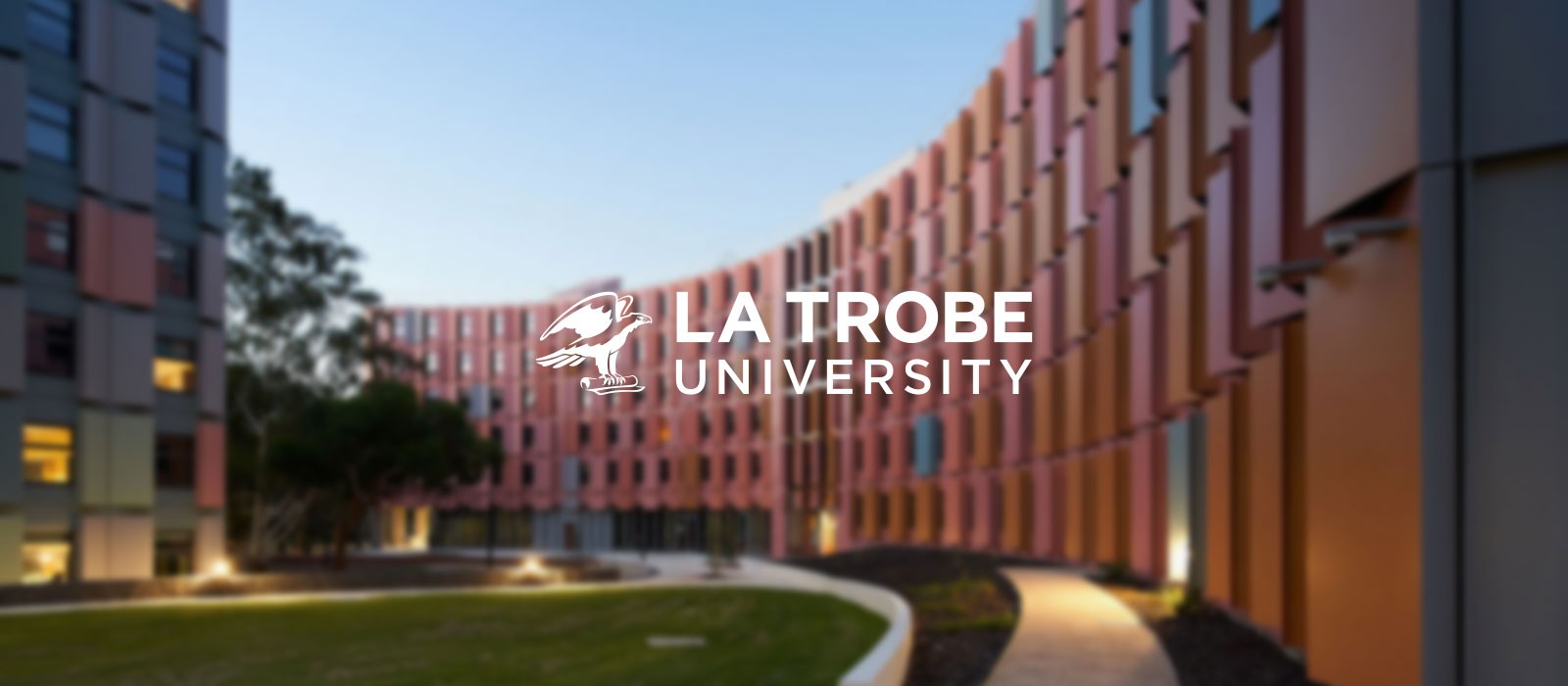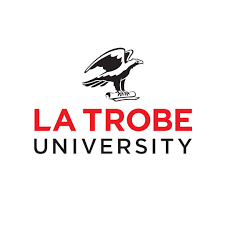
BACHELOR OF ARTS/BACHELOR OF SCIENCE


Overview
Duration
4 YEARS FULL-TIME
4 YEARS FULL-TIME
Scholarship
YES
YES
Fee
A$39 000 PER 120 CREDIT POINTS.
A$39 000 PER 120 CREDIT POINTS.
Intake
SEMESTER 1 (MARCH 2025), SEMESTER 2 (JULY 2025)
SEMESTER 1 (MARCH 2025), SEMESTER 2 (JULY 2025)
- About the Bachelor of Arts/Bachelor of Science
- An arts/science degree builds your knowledge and skills across creative and technical areas to expand your career prospects in fields such as environmental science, humanities, research, health and social sciences.
- Your arts and science studies are divided equally across this four-year double degree, giving you the opportunity to explore topics from both disciplines that reflect your interests and goals. Choose from arts subjects like anthropology, languages, archaeological and heritage studies or philosophy and combine these with studies in scientific areas such as botany, microbiology, data science, zoology and more.
- Throughout your arts and science subjects, you'll have access to purpose-built teaching and research facilities and work alongside some of Australia's leading educators. Subjects across both our arts and science disciplines offer a balance of theoretical knowledge and practical experience, giving you the skills you need to adapt to today's changing jobs landscape.
Inquire Now
CAREER OUTCOMES
- Bachelor of Arts/Bachelor of Science intended learning outcomes
- Apply systematic, detailed knowledge and understanding of at least one discipline or interdisciplinary area in the Humanities and Social Sciences.
- Work and learn both independently and collaboratively, and demonstrate effective teamwork to complete tasks professionally.
- Employ academic and professional integrity and scientific rigour in the conduct, evaluation and reporting of scientific research and practice.
- Develop creative, critical and analytical skills to address problems in a range of social and cultural contexts.
- Demonstrate high-level, ethical, professional and culturally aware communication skills.
- Design and conduct independent and collaborative research into complex problems relating to social issues, considering ethical implications and multiple perspectives.
- Navigate, critically assess and strategically utilise information from both physical and digital sources
- Demonstrate flexibility and resourcefulness to act as critically engaged global citizens.
- Explain the nature and methods of contemporary scientific practice, and the interrelationship between and society.
- Apply broad knowledge of science across a range of fields, with in-depth understanding of at least one scientific discipline, to analyse and evaluate investigations into real world problems.
- Critically evaluate information from different sources to effectively communicate scientific reasoning and results to diverse audiences.
FEES AND SCHOLARSHIPS
- The International estimated fees are indicative only. The tuition fees you pay will depend on the subjects you choose to study, with each subject having its own cost. In some cases, your course fees may be higher than the indicated fees because of the subjects you choose.Destination Australia – an Australian Government initiative
- The Destination Australia scheme supports new international students to study in regional Australia and offers students a high-quality learning experience. For eligible applicants, these scholarships are worth up to A$15 000 per annum for up to four years.
- Estimated fees per year (2024):
- A$39 000 per 120 credit points.
Entry Requirement
- Nepal: 75%
- Subject prerequisites
- Units 3 and 4: a study score of at least 25 in English (EAL) or at least 20 in English other than EAL.
- Units 3 and 4: a study score of at least 20 in any Mathematics.
- English language requirement
- 6.0 IELTS (Academic) with no individual band less than 6.0.
Popular Courses
Start your journey with landmark today!
Find your perfect course
Answer a few questions and
our course matcher will do the rest
Head Office
Level 5, IT Plaza
Kamaladi, Kathmandu
Tel: +977 14542781, 9845566225
E-mail: info@landmarkedu.com
Kamaladi, Kathmandu
Tel: +977 14542781, 9845566225
E-mail: info@landmarkedu.com
Sydney office
Level 2/552 Princess Highway,
Rockdale, NSW 2216,
Tel: +61 415 122 814
Rockdale, NSW 2216,
Tel: +61 415 122 814
Branch office
Sahidchowk, Chitwan
Tel: 056-590825
Tel: 056-590825
Mahendrachowk, Biratnagar
Tel: 021-590828
Tel: 021-590828
Level 2, Milanchowk, Butwal, Rupandehi
Tel: 977-71-591694
Tel: 977-71-591694
© Landmark Education. All rights reserved.


